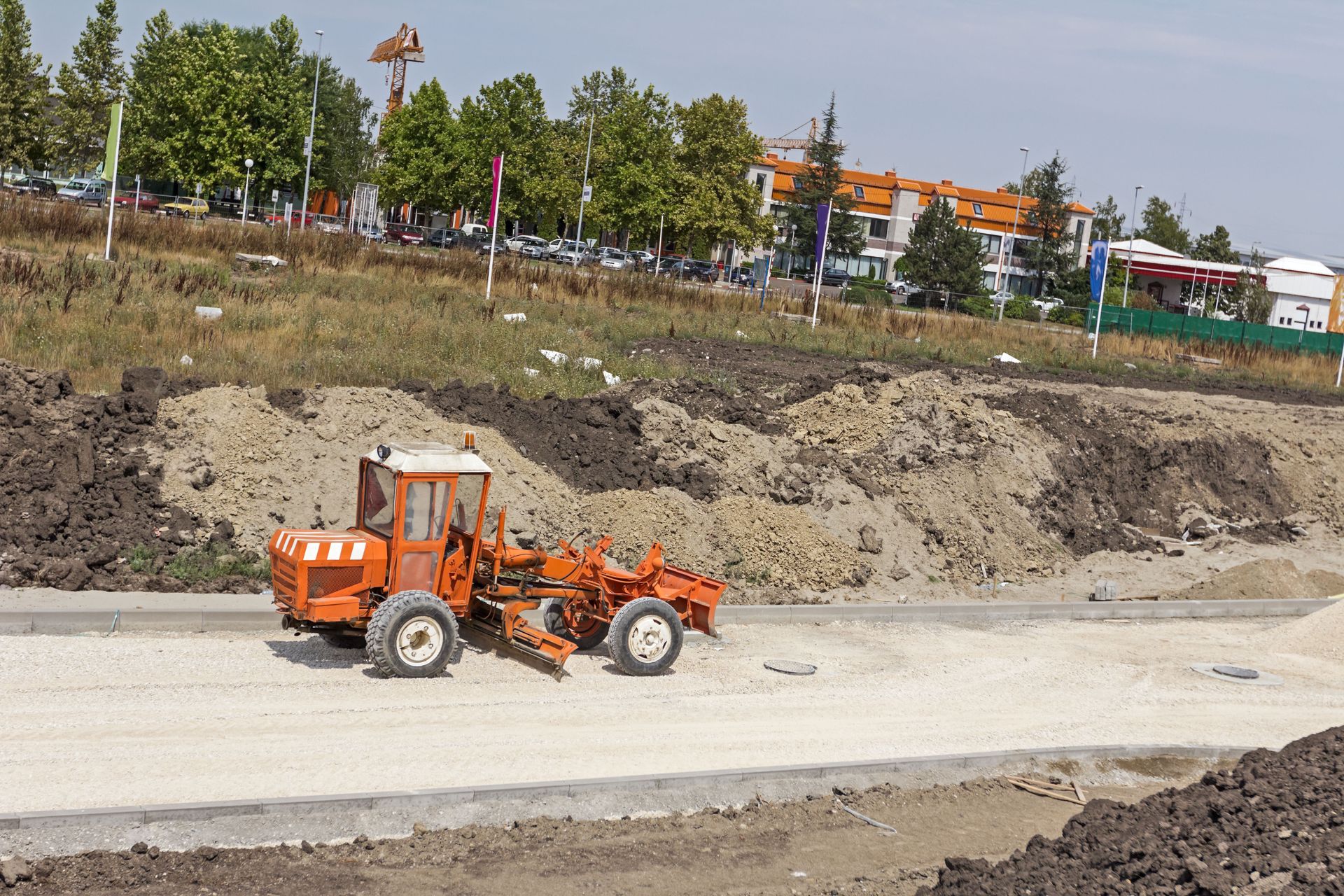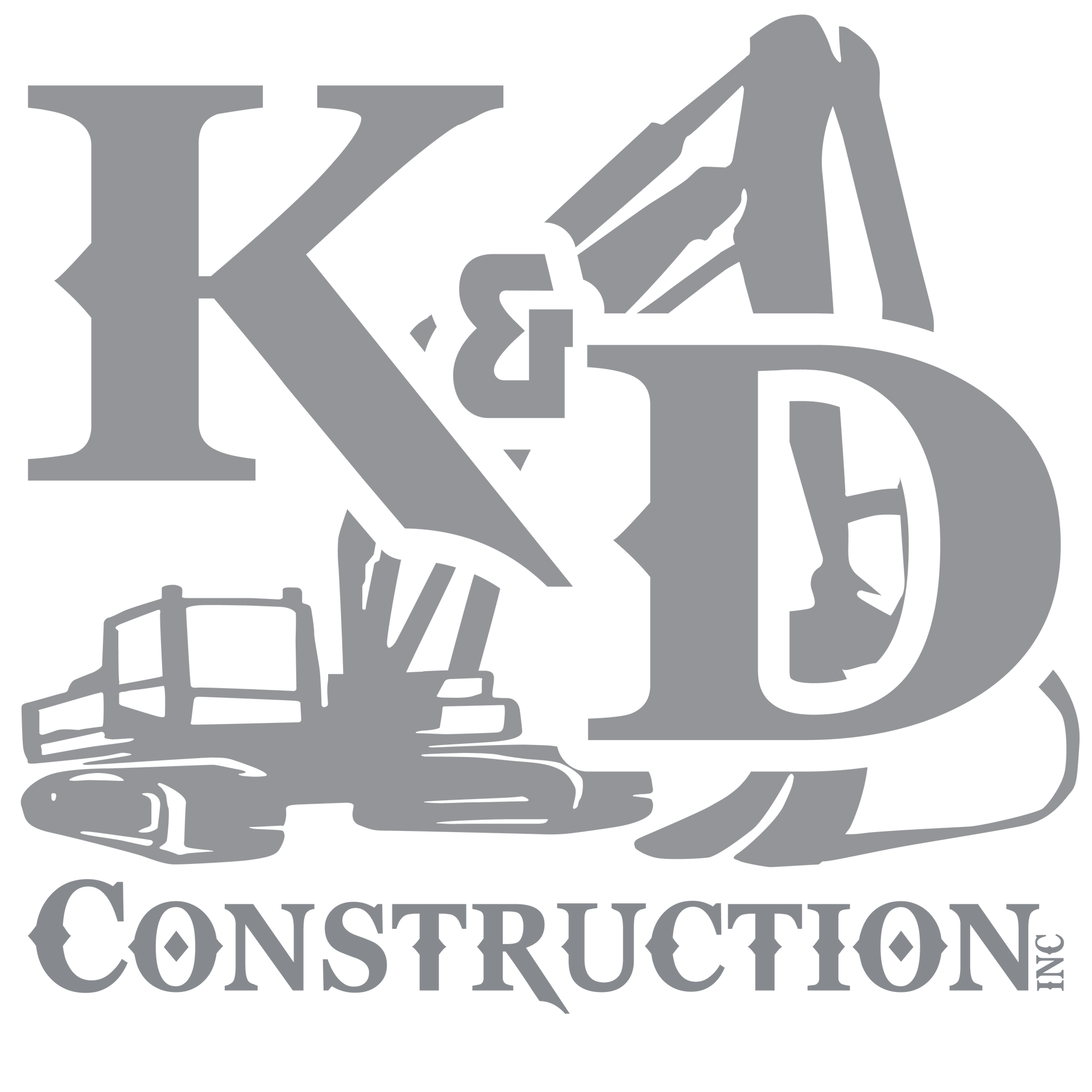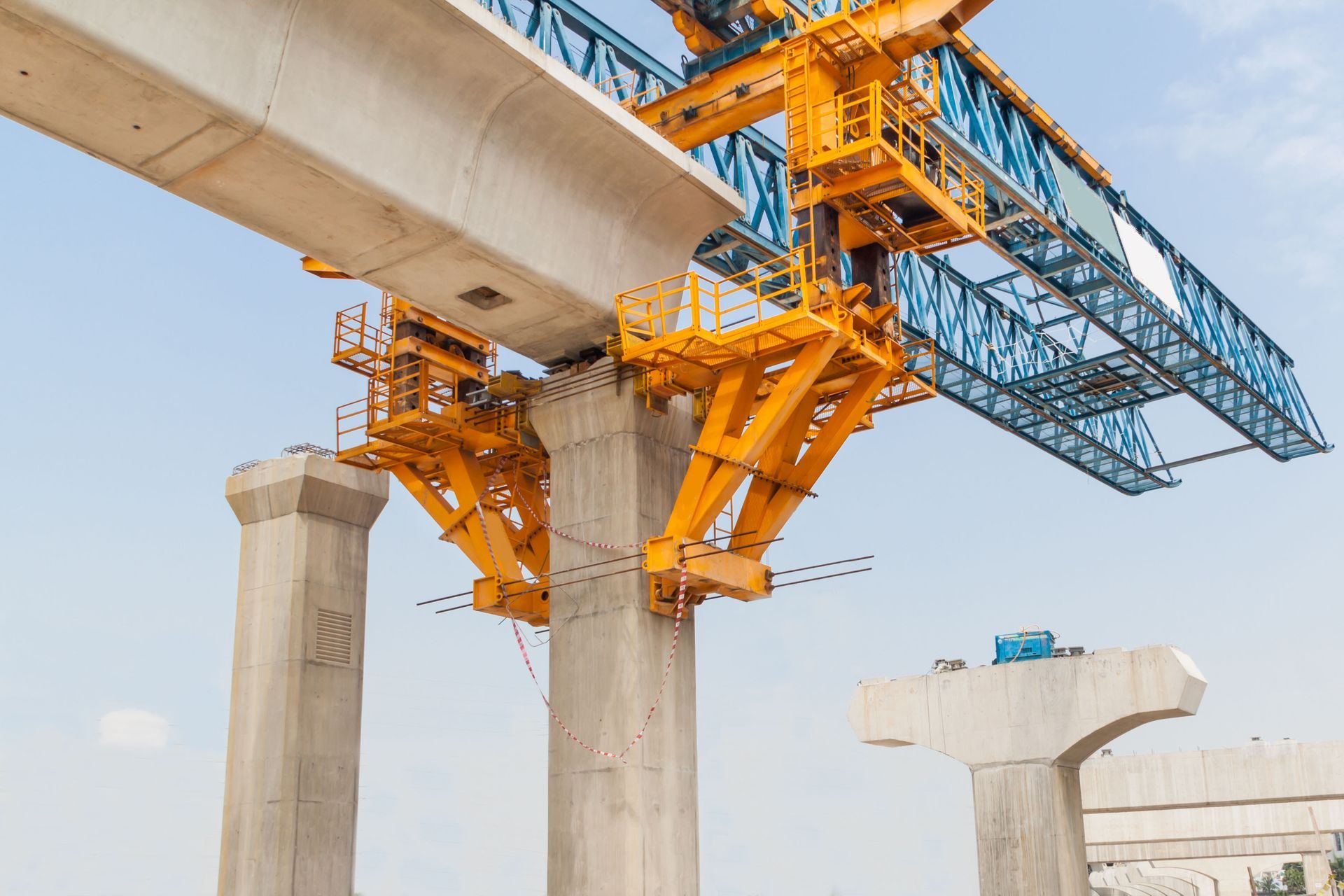How Reliable Road Construction Services Ensure Safe and Durable Roads
Reliable road construction services are essential for developing roads that are not only safe but also durable. Quality road infrastructure is crucial for economic growth, social equity, and environmental sustainability. Reliable services involve the use of quality materials, advanced planning, innovative techniques, and comprehensive lifecycle management.
Utilizing High-Quality Materials for Long-Lasting Roads
Quality aggregates serve as the foundation for robust road structures and play a critical role in ensuring longevity. Durable aggregates are selected based on their strength, thermal stability, and resistance to wear, which are essential for roads that withstand both constant vehicular traffic and harsh weather conditions. Reliable road construction services prioritize sourcing aggregates that meet specific strength and stability criteria, which contribute to prolonging the lifespan of roads. Furthermore, selecting quality aggregates helps prevent premature road failures, thus ensuring continued public safety and budget efficiency. The durability of these materials is directly linked to the overall performance of the road infrastructure over time.
Asphalt and concrete compose the core surfaces of our roads, dictating how they fare against daily use and environmental pressures. High-quality asphalt reduces cracks, potholes, and surface degradation, thus enhancing safety and reducing vehicular damage. The application of superior concrete mixes ensures stability in road structures, especially in heavy traffic areas, and is complemented by regular maintenance practices. According to Yahoo Finance, the construction market in the U.S. is projected to be valued at $2.12 trillion in 2025. By integrating high-quality asphalt and concrete, reliable construction services ensure that roads deliver lasting performances with minimal intervention.
Implementing Effective Planning and Design Strategies
Advanced geometric road designs play a pivotal role in ensuring the efficacy and safety of road infrastructure. Incorporating modern design elements, such as optimized lane widths, appropriate curve radii, and safety barriers, mitigates potential accidents and enhances vehicular flow. These geometric improvements are based on detailed analyses of traffic patterns, road usage, and surrounding terrain, contributing to more efficient and user-friendly roadways.
Traffic flow analytics facilitate the optimization of road designs to address congestion and ensure smooth traffic movement. By analyzing data on vehicle counts, speed, and road usage patterns, construction experts design roads capable of supporting peak traffic conditions while minimizing congestion. Advanced traffic analytics tools provide valuable insights into potential bottlenecks, allowing for preemptive design solutions that enhance road efficiency. These analyses are integral to formulating strategic plans that accommodate current traffic conditions and anticipate future demands effectively. Harnessing traffic data is essential for creating purpose-built roads with improved capacity, safety, and user satisfaction.
Safety features integrated into road designs significantly reduce accident risks, ensuring a secure transit environment for users. Incorporating elements like guardrails, rumble strips, and reflective paint contributes to superior road safety by preventing collisions and guiding drivers effectively. Implementation of modern safety technologies, such as smart signaling systems and pedestrian crosswalks, is transformative in safeguarding both vehicular and pedestrian traffic. Reliable construction services emphasize these features to prioritize and uphold public safety, thus enhancing confidence and trust in the road network. The strategic integration of safety features reflects a proactive approach to minimizing road-related hazards and fatalities.
Applying Innovative Construction Techniques
The adoption of modern construction equipment and technologies is transformative in delivering high-quality road infrastructure efficiently. Advanced machinery provides enhanced precision and speed during construction phases, significantly improving project timelines. Technologies such as automated machinery, GPS-guided equipment, and drone assessments support accurate construction practices while minimizing manual labor demands. This modernization in construction enhances worksite safety and reduces human errors, resulting in superior road surfaces and consistent project outcomes. Embracing technological advancements equips construction services with tools that drive progress and reliability in road infrastructure development.
Effective project management practices are pivotal for the successful completion of road construction projects. These practices involve meticulous planning, resource allocation, and risk assessment strategies that underpin timely project delivery and budget adherence. Project management technologies provide real-time monitoring capabilities, facilitating agile responses to emerging challenges and opportunities during construction. Timely communication, coordination, and feedback loops promote teamwork and foster accountability, ensuring that project objectives are met within the specified framework. Implementing efficient management practices ensures reliability in construction services and demonstrates professionalism, accountability, and commitment to excellence.
Real-time monitoring technologies empower construction services to maintain quality control throughout the construction process. Continuous data collection from worksite sensors, cameras, and drones allows for immediate detection of potential issues, enabling prompt corrective action. These technologies reduce the risk of delays, errors, and safety incidents, ensuring road construction meets high-standard specifications. Real-time adjustments based on data-driven insights enhance flexibility and adaptability in response to site conditions, optimizing project progression. This commitment to continuous monitoring and adjustment exemplifies the reliability of modern road construction services in delivering successful infrastructure projects.
Ensuring Compliance and Standardization in Construction
Conducting regular audits and implementing rigorous quality assurance processes is critical in verifying compliance and ensuring optimal project outcomes. These checks involve systematic evaluations of construction sites, materials, and procedures against predefined specifications and regulatory benchmarks. Timely identification of discrepancies or non-compliance facilitates swift corrective measures, safeguarding project timelines and community welfare. Quality assurance also fosters continuous improvement within construction practices, leading to innovation and heightened efficiency. By institutionalizing comprehensive audit mechanisms, road construction services exemplify their commitment to maintaining excellence and instilling confidence in infrastructure delivery.
Maintaining thorough documentation and certification throughout the construction process establishes accountability and transparency from project inception to completion. Documentation also supports stakeholder engagement by offering clarity and accessibility, strengthening trust and collaborative relationships. Commitment to robust documentation and certification processes reflects the reliability and professionalism of modern road construction services.
The reputation of road construction services rests significantly on public trust, which is cultivated through safe and reliable infrastructure delivery. Consistent communication and transparency about project progress and compliance build public confidence and stakeholder buy-in. Demonstrating commitment to safety and adherence to regulations establishes a sense of security and trust within communities reliant on road networks. By delivering projects on time and within compliance, construction services position themselves as trustworthy partners in achieving societal and economic progress. Enhanced public trust in the construction sector paves the way for future collaborations and enduring infrastructure success.
Managing Maintenance and Lifecycle Efficiency
Proactive maintenance involves strategically scheduled inspections and interventions to prevent road deterioration and extend the infrastructure’s lifecycle. Implementing routine maintenance plans minimizes the risk of structural failures and enhances safety. Regular upkeep bolsters road performance by promptly addressing surface wear and potential hazards that compromise safety and traffic flow. A proactive approach to maintenance ensures uninterrupted road access and aids in sustaining infrastructure investments. Construction services that prioritize maintenance demonstrate foresight and commitment to service excellence and public satisfaction.
Continuous monitoring and evaluation of road performance are crucial for maintaining infrastructure health and safety. This vigilance establishes a feedback loop that informs maintenance priorities and enhances predictive capabilities, leading to more effective interventions. Regular assessments of road performance ensure safety compliance and bolster public confidence in infrastructure reliability.
Reliable road construction services form the backbone of modern infrastructure, ensuring that every road built is safe, durable, and efficient. By prioritizing quality materials, innovative technologies, and strong compliance frameworks, construction professionals create long-lasting roadways that support communities and economies alike. Proactive maintenance and strategic planning further guarantee that these roads remain functional and safe for years to come. Ultimately, dependable road construction services not only enhance transportation networks but also contribute to public safety, sustainability, and national progress. For all of your road construction needs, contact K & D Construction, Inc. today!





Share On: